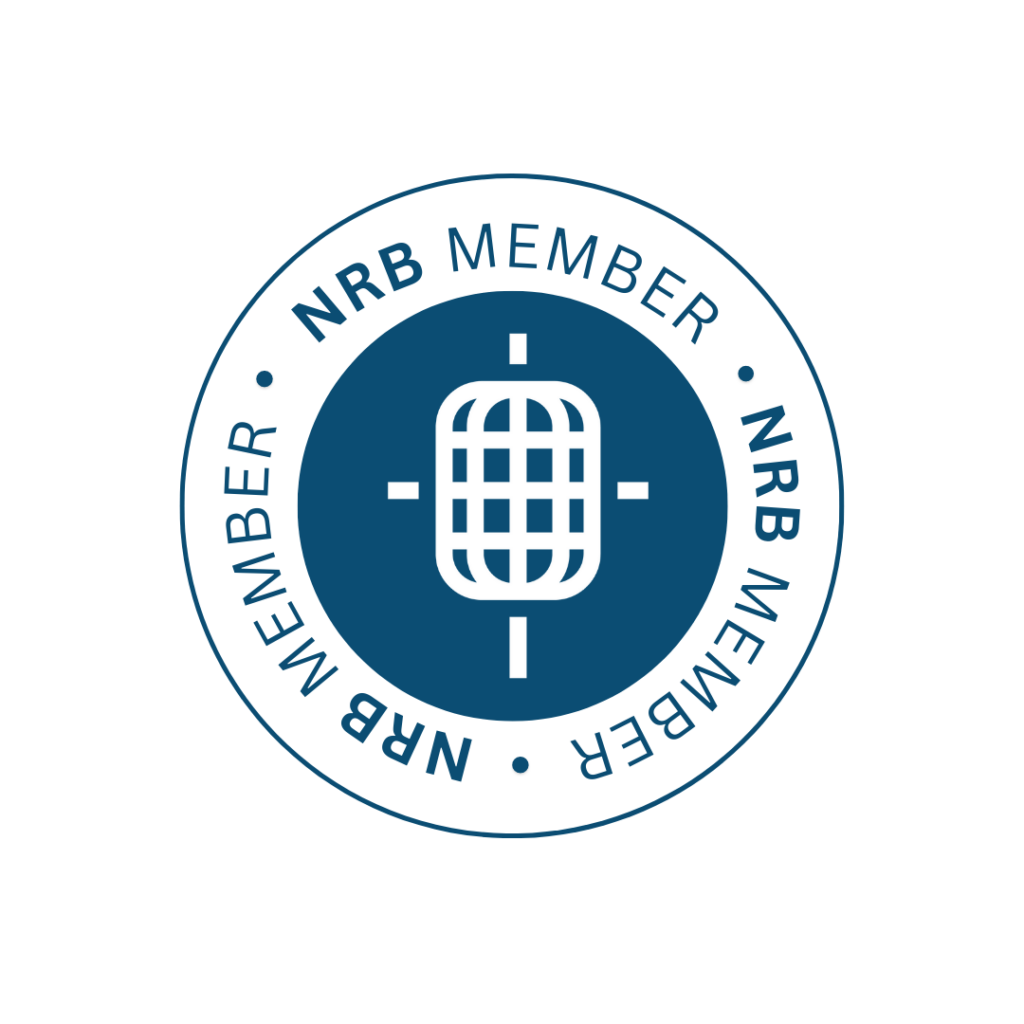The Great GivingTuesday Debate
“Should my organization participate in GivingTuesday?”
It’s a question I hear all the time. When you’re talking to strategists on this topic, one thing is certain—they will have a strong opinion. It is hotly contested. So, before you decide what is right for your organization, you have to consider all sides.
The Pros:
- Public visibility – It’s on TV, in newsfeeds, and in email inboxes. Any lack of participation can feel very odd to donors.
- Donor engagement – Campaigns typically give an inside look at your organization and grows donor connections.
- Matching dollars – Facebook does a large matching program if you use specific tools to raise funds—but keep in mind that their limitations mean you get revenue, not donors.
The Cons:
- High competition – According to our recent research, over 57% of donors support 3 or more organizations. This means donors receive many nonprofit messages on GivingTuesday.
- Poor timing – After Black Friday, Small Business Saturday, and Cyber Monday, donor wallets can be pretty empty.
- Limited resources – Your organization has to balance the level of involvement with the net value of the day. If you have limited capacity, you might get a better result if you put your energy into year-end fundraising.
Keys to a successful GivingTuesday:
- The number one element of GivingTuesday success is to set reasonable expectations. If your organization typically raises $3-5K on an email send, don’t expect GivingTuesday emails to raise $20K each.
- Set a specific, realistic fundraising goal, and communicate that goal throughout the day to your audience. Ideally, your goal is a kickoff that naturally leads to year-end communications.
- Finally, make sure you have a plan to cultivate new donors. What’s the next communication they receive? Do you have a welcome series in place? Planning ahead can make your GivingTuesday efforts pay off throughout the year.
Related articles
-

More Than Just Work
As a young Christian professional navigating the conundrum of aligning my beliefs into a purposeful career, I’ve been blessed to…
-

What to Think of Artificial Intelligence and Its Impact on Fundraising . . .
In trying to summon an image to represent our theme for this issue of Donor Focus, I found myself drawn…







